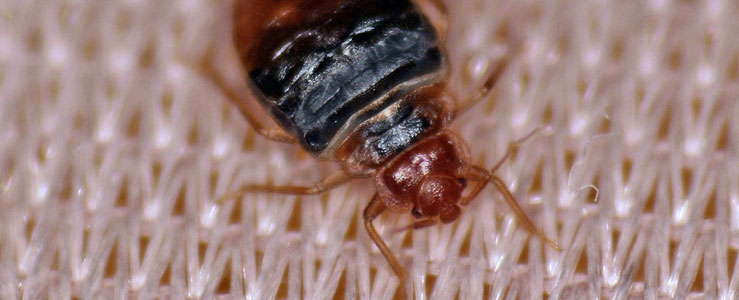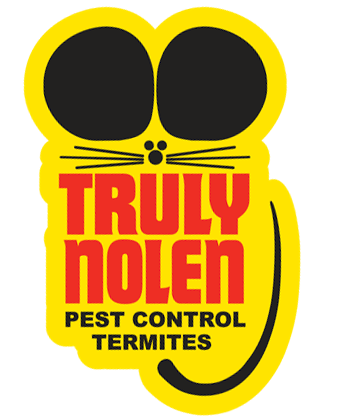
What is a bed bug?
It’s a very small insect that feeds on warm-blooded animals, preferably humans. Its name comes from the fact that it takes a blood meal at night while the host is sleeping.
What does it look like?
The bed bug has a flattened, oval-shaped body. Adults measure up to 1/4 inch and babies can be a little bigger than a pinhead. It is brown but turns dark red after taking a blood meal. A baby or nymph that has just fed can look like a tiny blood droplet.
Where is the bed bug when it’s not feeding?
It hides in any crack, crevice, or protected place near its food source.
What are the signs of a bed bug infestation?
The most common sign is dark red bloodstains on used linens, which can mean that bed bugs were feeding on your guests during the night. Spots might also be seen on wall surfaces near the bed. As the bed bug population in the room increases, there will be more small dark spots on wall surfaces and the room may have an unusual smell – a sweet and musty, yet offensive, odor.
How can I check for bed bugs?
Here are examples of where they are likely to hide:
- Headboard
This is the most common place! Bed bugs can hide in any crack, tuft, or seam in the headboard.
- Mattresses
Around buttons & tufts, between the pillow top & main mattress, and between the box spring & frame.
- Side tables
Any seam or crack in the table, drawers, bed lamps, alarm clock, etc.
- Artwork
Between the picture & wall, between the frame & glass, and between the backing & frame.
- Upholstered Furniture
Much like with mattresses, check tufts seams, under/behind loose cushions, and where legs meet the chair bottom.
- Wall Paper
Check loose/lifted areas.
- Outlet Face Plate
Watch for black spots around the faceplate.
- Crown Moulding
Crack between the moulding and wall/ceiling surface.
- Ceiling
Watch for black spots where the ceiling and wall meet.
- Carpet Edges
Where the baseboard and carpeting meet.
What do I do if I think I’ve found bed bugs?
Having bed bugs doesn’t mean that you haven’t done your job. Don’t disturb the room; instead tell your supervisor immediately so that he can contact your pest control professional! Address the problem as soon as possible to protect your guests and keep the infestation from spreading to other rooms.
